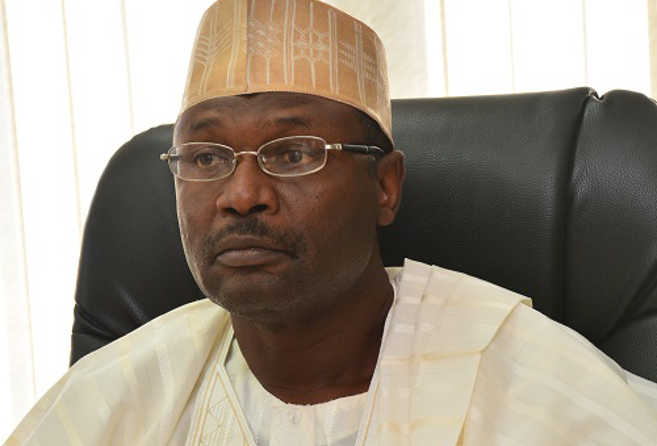The Tinubu Stakeholders Forum (TSF) has attributed Nigeria’s improved ranking on the Corruption Perception Index of the Transparency International as a reflection of the efficacy of some of the policies of the President Bola Tinubu administration.
This, according to the group in a statement signed by its Chairman Ahmad Sajoh and Secretary Afolabi Josiah, has been a factor in reducing the temptation to resort to corrupt practices in the civil service.
It said: “The recent improvement in Transparency International’s Corruption Perceptions Index, where Nigeria advanced five places, is a testament to the present administration’s unwavering commitment to transparency and integrity.
“This achievement reflects the effectiveness of President Tinubu’s comprehensive anti-corruption strategy, which encompasses both robust policy deployment and stringent enforcement measures.
“We have no doubt that the administration’s focus on implementing policies that foster economic stability and provide support to civil servants has been instrumental in this progress.
“Initiatives such as the establishment of the National Credit Guarantee Company, set to launch in May 2025, aim to expand credit access to businesses and individuals, thereby promoting economic growth and reducing the temptation for corrupt practices.
“The Nigerian Education Loan Fund (NELFUND) is a key policy initiative of President Bola Ahmed Tinubu’s administration aimed at easing the financial burden of tertiary education on families, especially civil servants.
“By providing interest-free student loans with a flexible repayment structure, NELFUND reduces the pressure on parents to fund their children’s education, promoting financial stability and discouraging unethical means of income.
“Furthermore, the administration’s housing policy focuses on creating mortgage and consumer credit reforms, introducing home ownership programmes for civil servants with flexible payment terms over their service years.
” This initiative provides economic comfort for civil servants, enabling them to secure material needs legitimately and reducing the allure of illicit means.
“The recent increase in the minimum wage from ₦30,000 to ₦70,000 is another significant step towards ensuring that public servants receive fair compensation, thereby diminishing the incentive for corrupt activities.
“These policies not only enhance the welfare of civil servants but also contribute to a culture of integrity and accountability within the public sector.
We also commend efforts by the administration to ensure speedy prosecution of corruption cases in court”
TSF is, however, confident that with the continued implementation of such forward-thinking policies and steadfast enforcement, Nigeria will witness substantial improvement in its anti-corruption initiatives.
End














